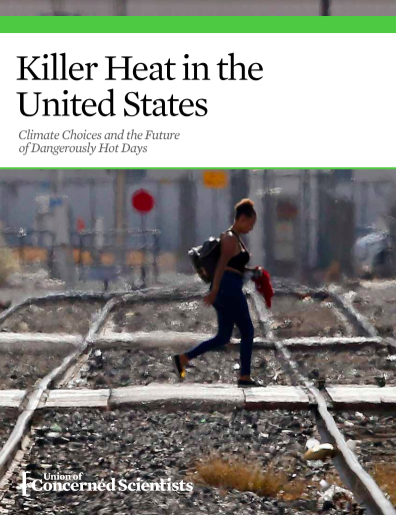FOREIGN POLICY by Siobhán O'Grady April 13, 2015
When the Ebola virus spread from Guinea to Sierra Leone and Liberia last spring, the initial international response was labeled a failure. By the time President Barack Obama ordered troops to the affected countries in September, more than 2,400 people were dead.
But in the United States, where major hospitals prepared for an outbreak, there were only four in-country diagnoses, one of which resulted in a death. And some see the urgency of that response as a lesson in how the government can prepare for another public health hazard: a bioterrorist attack.
Arizona Rep. Martha McSally chairs a House subcommittee that will examine over the next few months the threat of bioterrorist attacks and U.S. preparedness to respond to them. She told Foreign Policy that even if a disease outbreak and the use of a biological agent in a coordinated attack are not completely analogous, the response strains similar systems.
“We can learn lessons from other outbreaks that are naturally occurring,” she said. “We can identify weaknesses in our response and even if it wasn’t terrorism, it presses the system at the same level....”





/cdn.vox-cdn.com/uploads/chorus_image/image/66671824/1214635621.jpg.0.jpg)



Recent Comments